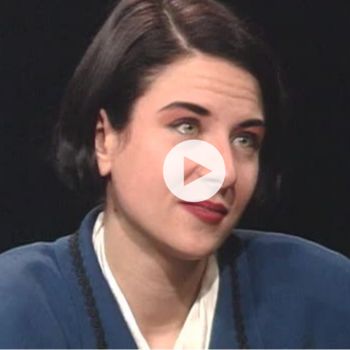The Secret History
Эта книга сейчас недоступна
711 бумажных страниц
Еще о книге
Впечатления
- Eric Jamesделится впечатлением5 лет назад🔮Hidden Depths🎯Worthwhile🚀Unputdownable
best self indulgent dark academia book I've ever read.
- Curtis Boatengделится впечатлением7 месяцев назад👍Worth reading🔮Hidden Depths💡Learnt A Lot🎯Worthwhile🚀Unputdownable
A brilliant story with well written characters, like Henry winter an inspiringly complex Byronic hero.
- Tagideделится впечатлением9 месяцев назад👍Worth reading💡Learnt A Lot💞Loved Up🚀Unputdownable
Absolutely loved it. If you enjoy mystery, superb writing and dark academia it's incredible!
9.6/10
Цитаты
- olya vovkцитирует6 лет назадIt is a terrible thing to learn as a child that one is a being separate from all the world, that no one and no thing hurts along with one's burned tongues and skinned knees, that one's aches and pains are all one's own. Even more terrible, as we grow older, to learn that no person, no matter how beloved, can ever truly understand us.
- Little Wingцитирует3 года назадTrees are schizophrenic now and beginning to lose control, enraged with the shock of their fiery new colors. Someone – was it van Gogh? – said that orange is the color of insanity. Beauty is terror. We want to be devoured by it, to hide ourselves in that fire which refines us.'
- Little Wingцитирует3 года назадBeauty is terror. Whatever we call beautiful, we quiver before it. And what could be more terrifying and beautiful, to souls like the Greeks or our own, than to lose control completely? To throw off the chains of being for an instant, to shatter the accident of our mortal selves? Euripides speaks of the Maenads: head thrown
fb2epub
Перетащите файлы сюда,
не более 5 за один раз


